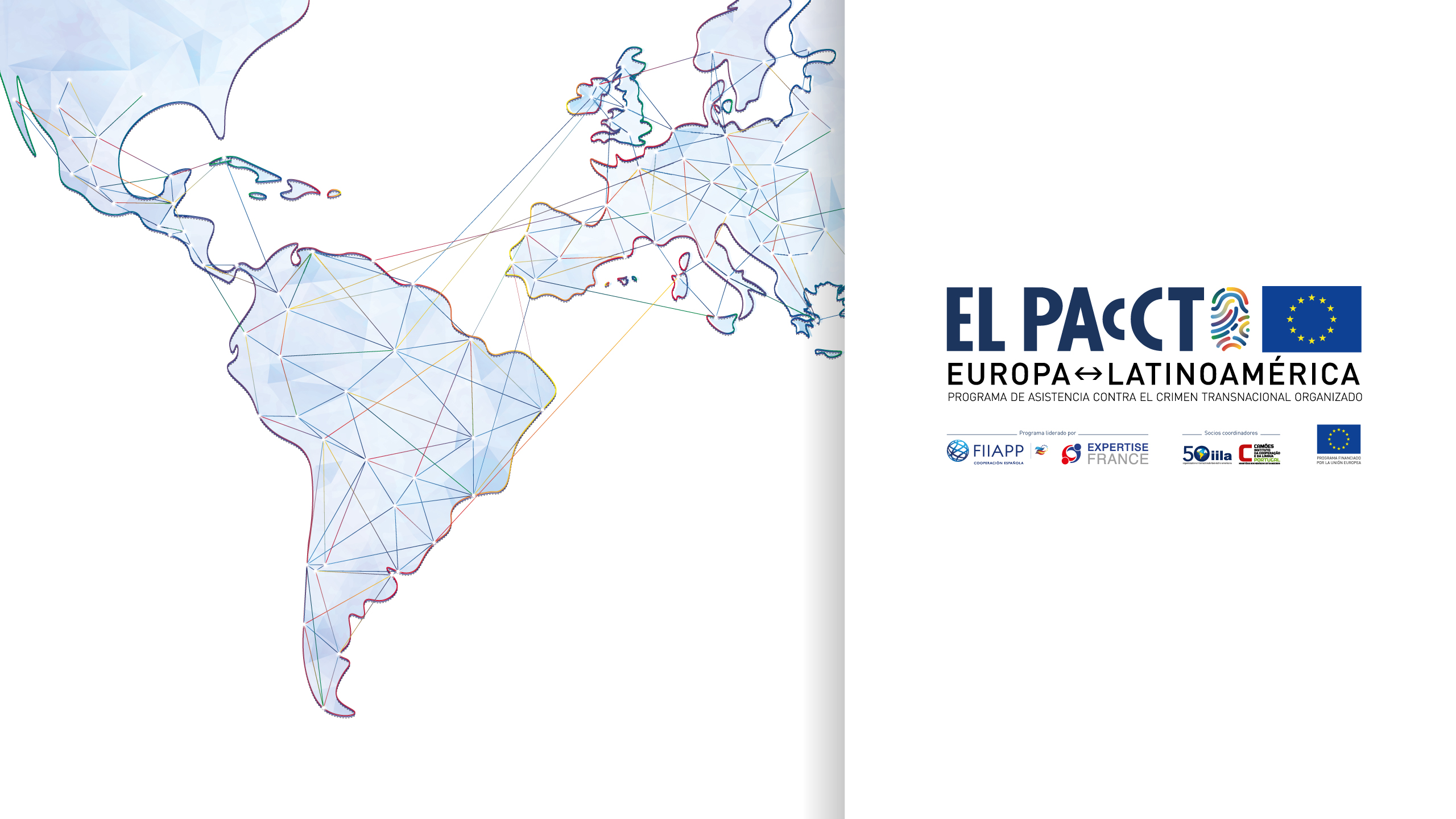-
|
16 November 2017
|Posteado en : Reportage
The European Commission Programme aims to give technical assistance to countries to guarantee the safety of their citizens
In Latin America there are 23 homicides for every 100 thousand inhabitants. This figure is double the amount for Africa and five times the amount recorded in Asia. What’s more, with only 9 per cent of the world’s population, Latin America accounts for more than 30 per cent of the violent killings committed worldwide each year.[i]
Many of these are related to organised crime. This is one of the reasons why the sense of insecurity experienced by citizens has increased in recent years, making it a priority for these countries.
For many years, different policies to combat organised crime were tried out in Latin America. Some were repressive and others more moderate (such as “mano dura” or “iron fist” and the converse “mano blanda” approach applied in Guatemala from 2007 to 2015), with the feeling that the problem was not effectively dealt with. The reasons are many and varied, but the periodical and “short-term” nature of these policies may explain their ineffectiveness. One of the main lessons learned was the correct use of more global and long-lasting policies to identify and end insecurity in the region.
This is where EL PAcCTO (Europe Latin America Assistance Programme Against Transnational Organised Crime) comes onto the scene. A European Commission programme with pioneering content as it is the first time the whole criminal justice chain is dealt with as a whole. More specifically, it focuses on three areas (police, judicial and fiscal and the prison system) with five transversal work focuses (cyber crime, corruption, human rights, gender and money laundering) and the inclusion of two intrinsically linked projects (AMERIPOL and another project managed by Interpol). It is, therefore, an ambitious and complex project which will try to tackled the problem of organised crime in the most global and effective way possible by providing technical assistance to 18 Latin American countries (Argentina, Bolivia, Brazil, Chile, Colombia, Costa Rica, Cuba, Ecuador, El Salvador, Guatemala, Honduras, Mexico, Nicaragua, Panama, Paraguay, Peru, Uruguay and Venezuela).

The International and Ibero-American Foundation for Administration and Public Policies (FIIAPP) and Expertise France (EF) coordinate the project along with two partners, the Italo-Latin American Institute (IILA) and the Camoes Institute.
The Programme will facilitate peer learning, South-South cooperation and the transfer of best European practices, and will be focused on public administrations. To do this, it will have the support of the Spanish General Council of the Judiciary, Ministry of the Interior via the Civil Guard, National Police and Prison Institutions, Ministry of Justice, the Public Prosecutor and their analogues in France, Italy and Portugal.
EL PAcCTO seeks to create concrete guides and tools for international action, approval and cooperation, both regionally and between Latin American countries and EU Member States. This way, it aims to eliminate border using legal and technical solutions that make Latin America a free and safe space united against organised crime.
The Programme is trying to respond now to all of the urgent demands from the countries because the aim of the programme is to build a safer society which benefits everyone. This is why it is important to increase social awareness about the dangers of organised crime. It is a matter of great importance to guarantee people’s rights, freedom and lives.
[i] Highest murder rates in the world by city (2016), World Atlas. Available at http://www.worldatlas.com/articles/most-dangerous-cities-in-the-world.html
María Jesús Martín is a Communication Technician at EL PAcCTO (Europe Latin America Assistance Programme Against Transnational Organised Crime) comes onto the scene.




